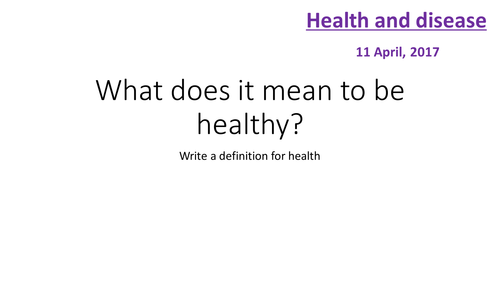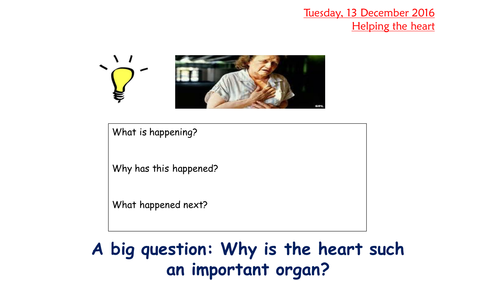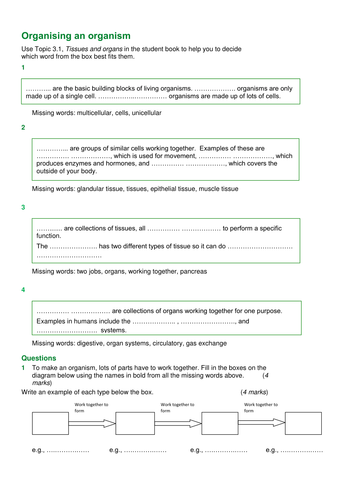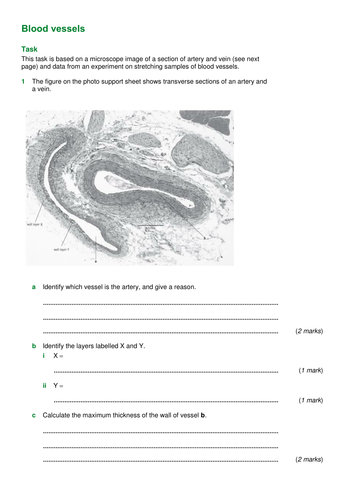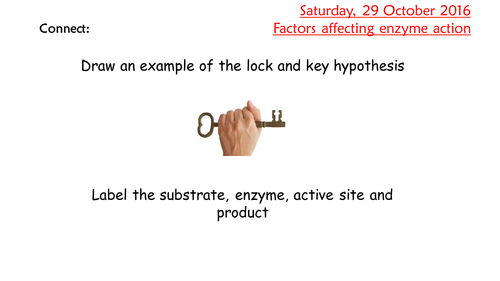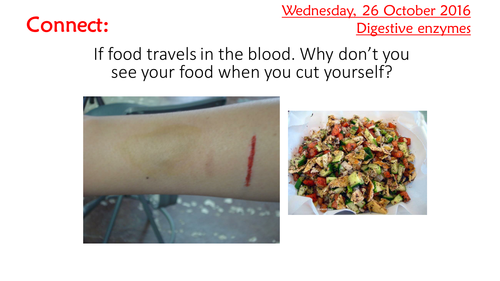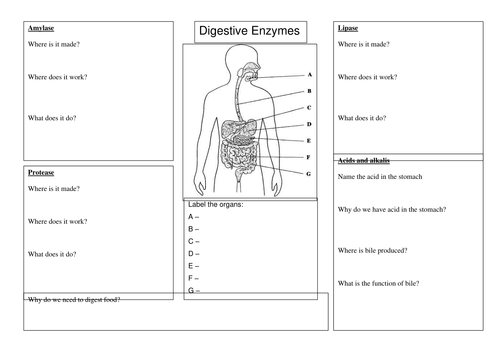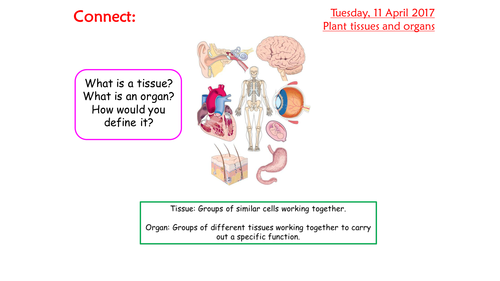Sachaclokey's Shop
Sachaclokey's is a shop that specialises in resources for the new 2016 KS4 AQA Biology students. The resources include a range of activities, starters, worksheets and powerpoints, all of which have been used successfully with students of a wide range of abilities. The author is a Leader of learning in Science


